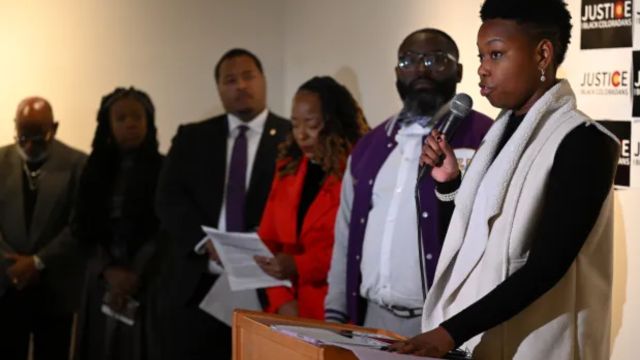Colorado’s Legislative Body Moves to Study and Mitigate Systemic Racial Injustices
On Monday, April 1st, the House State, Civic, Military, and Veterans Affairs Committee approved legislation to launch research into racial inequities and the impact of systematic racism on Black Coloradans.
The Racial Equity Study, SB24-053, would establish the Black Coloradan Racial Equity Commission in the legislative department to determine and make recommendations regarding “any historical and ongoing effects of slavery and subsequent systemic racism on Black Coloradans that may be attributed to Colorado state practices, systems, and policies, and to identify measures that are consistent with the constitution to address those effects.”
“Generations of systemic racism cannot be eliminated by a few policy changes – we need data-driven research to define the structural inequities Black Coloradans are experiencing,” Rep. Leslie Herod, D-Denver, stated. “From redlining to limited educational options, we know Black Coloradans have been fighting obvious inequity and prejudice for decades.
This critical, community-led legislation would help Colorado get a better understanding of the effects of historical and current racial injustices, as well as the tools we need to build forward-thinking policy that will benefit Black Coloradans in the future.”
SB24-053 was approved by a vote of 8-3 and will create a commission to govern History Colorado’s management of historical research in areas such as economic mobility, housing, K-12 education, health care, and criminal justice. Racial equity studies, such as the one described in SB24-053, have the potential to be used as instruments to define and quantify past discrimination while also recommending specific corrective steps.
“Uncovering the historical harm done against Black Coloradans is an important step forward in our healing and creating a more equitable future for us all,” Rep. Naquetta Ricks, D-Aurora, said “This legislation would direct History Colorado to do a study on decades of systematic disparities in our schools, neighborhoods, and statewide laws to better understand their long-term effects on Black Coloradans today.
While difficult, this racial equity study opens the door to future discussions and will assist us in developing policies that would boost Black families rather than put them at a disadvantage.”
The report would also contain an economic effect analysis of the racial prejudice identified in the study. This measure requires History Colorado to present the report and any recommendations to the commission within two and a half years.











